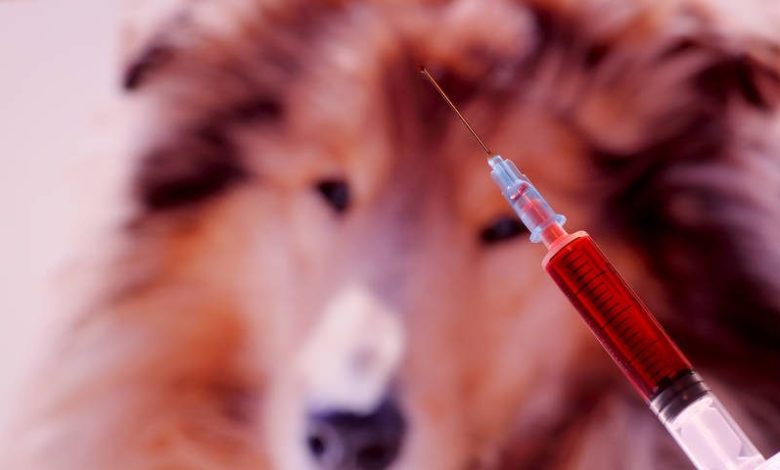Vets and charity search for dog donation ‘heroes’

Charity Pet Blood Bank UK is now working with Vets4Pets to encourage more owners to register their dog to give blood, as the charity faces challenges over the summer months which lead to lower stock levels of blood during this period.







